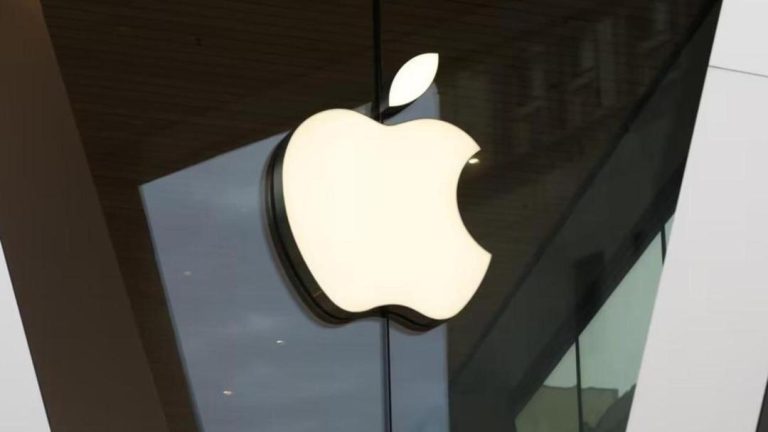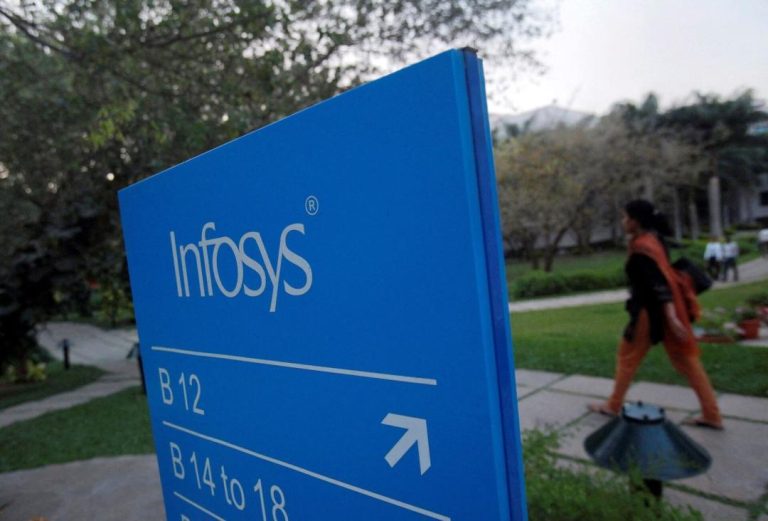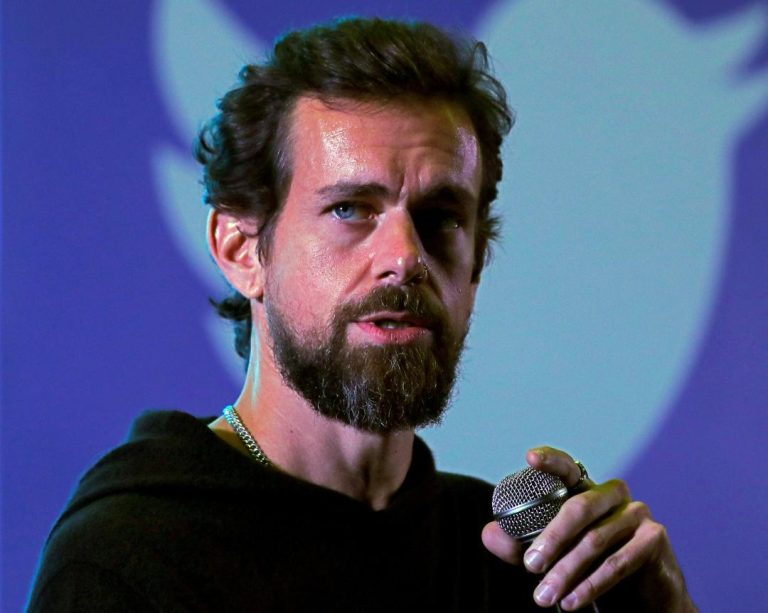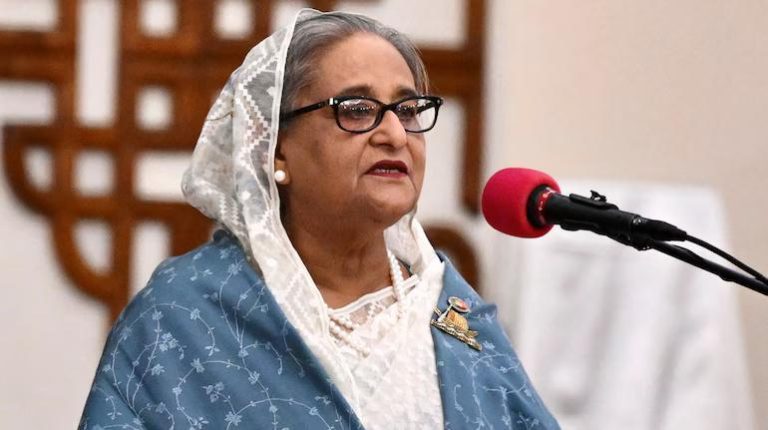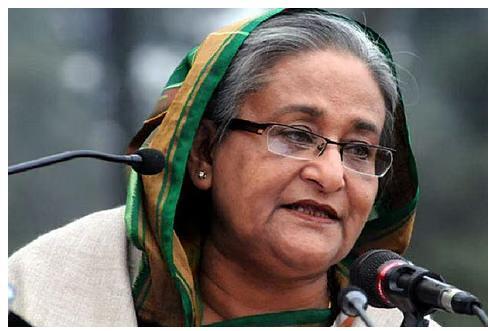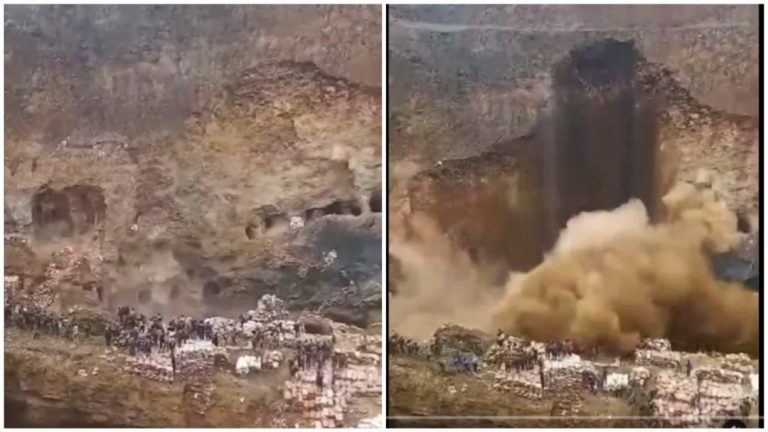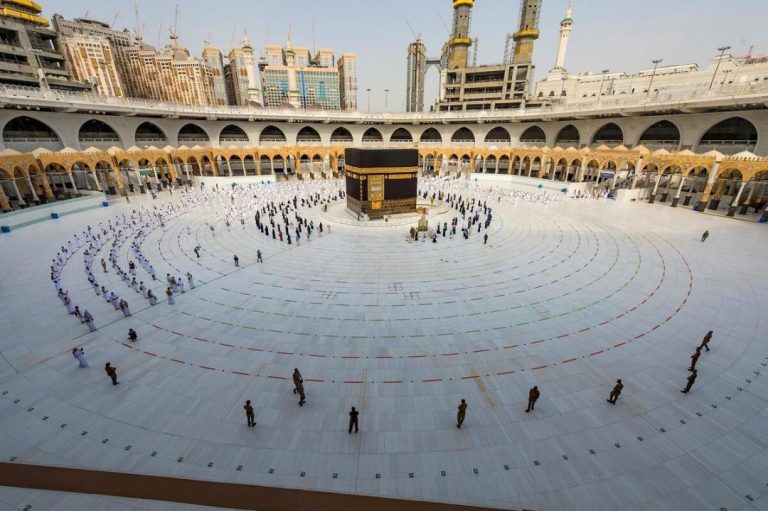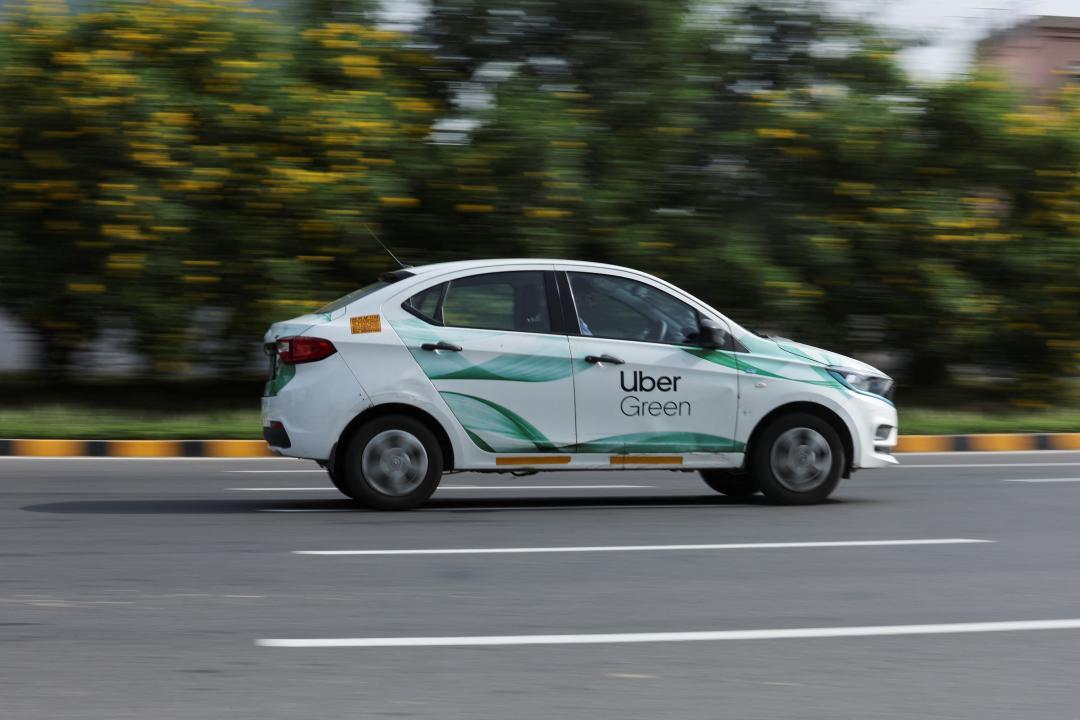
Why are Ola, Uber & Rapido drivers on indefinite strike in Mumbai?
In a significant development, drivers working for popular ride-hailing services Ola, Uber, and Rapido have gone on an indefinite strike in Mumbai, leading to disruptions in the city’s transportation network. The strike, which began on [date], has resulted in longer wait times and fewer cabs on the road, causing inconvenience to commuters.
The strike, which is being supported by various driver unions, is a response to the increasing financial struggles faced by drivers who claim that the aggregator commissions and fuel expenses leave them with meager earnings. According to the drivers, after deducting these expenses, their actual income falls to just ₹8-12 per kilometre, which they deem unsustainable amid rising fuel and maintenance expenses.
The drivers, who have been facing dwindling earnings for some time, are demanding better pay and more benefits from the ride-hailing companies. They are also seeking a reduction in the aggregator commission, which they claim is exorbitant and eats into their already low earnings. The strike is a significant blow to the ride-hailing industry, which has been growing rapidly in recent years.
The strike has been called by the Mumbai Taxi and Rickshaw Union, which has been demanding better working conditions and higher earnings for drivers. The union has also been pushing for a reduction in the aggregator commission, which they claim is unfair and benefits the companies more than the drivers.
The drivers are also seeking a reduction in the commission charged by the companies, which they claim is too high. According to the drivers, the commission can range from 15% to 25% of the fare, depending on the company and the type of service provided. The drivers claim that this commission is unsustainable and is leading to financial difficulties for many of them.
The strike has been supported by various other driver unions and associations, which have been demanding better pay and working conditions for drivers. The unions have also been pushing for a reduction in the aggregator commission and for the companies to take responsibility for the welfare of their drivers.
The strike has also received support from various individuals and organizations, who have been calling for the companies to take action to address the concerns of the drivers. Social media has been filled with messages of support for the striking drivers, with many people expressing their frustration and disappointment at the situation.
The strike has also had an impact on the daily lives of commuters, who are facing longer wait times and fewer cabs on the road. Many people have been forced to abandon their daily commutes, while others have been forced to rely on alternative modes of transport, such as buses and trains.
The companies have been trying to negotiate with the drivers and the unions, but so far, there has been no resolution to the strike. The companies have been accused of being unwilling to listen to the concerns of the drivers and of prioritizing their profits over the welfare of their employees.
The strike has also raised questions about the working conditions of drivers and the treatment of employees by the ride-hailing companies. Many people have been calling for the companies to take action to address the concerns of the drivers and to provide better working conditions.
In conclusion, the strike by Ola, Uber, and Rapido drivers in Mumbai is a significant development that highlights the financial struggles faced by many drivers in the industry. The drivers are demanding better pay and working conditions, and are seeking a reduction in the aggregator commission. The strike has also raised questions about the treatment of employees by the ride-hailing companies and the need for better working conditions.
Source:
